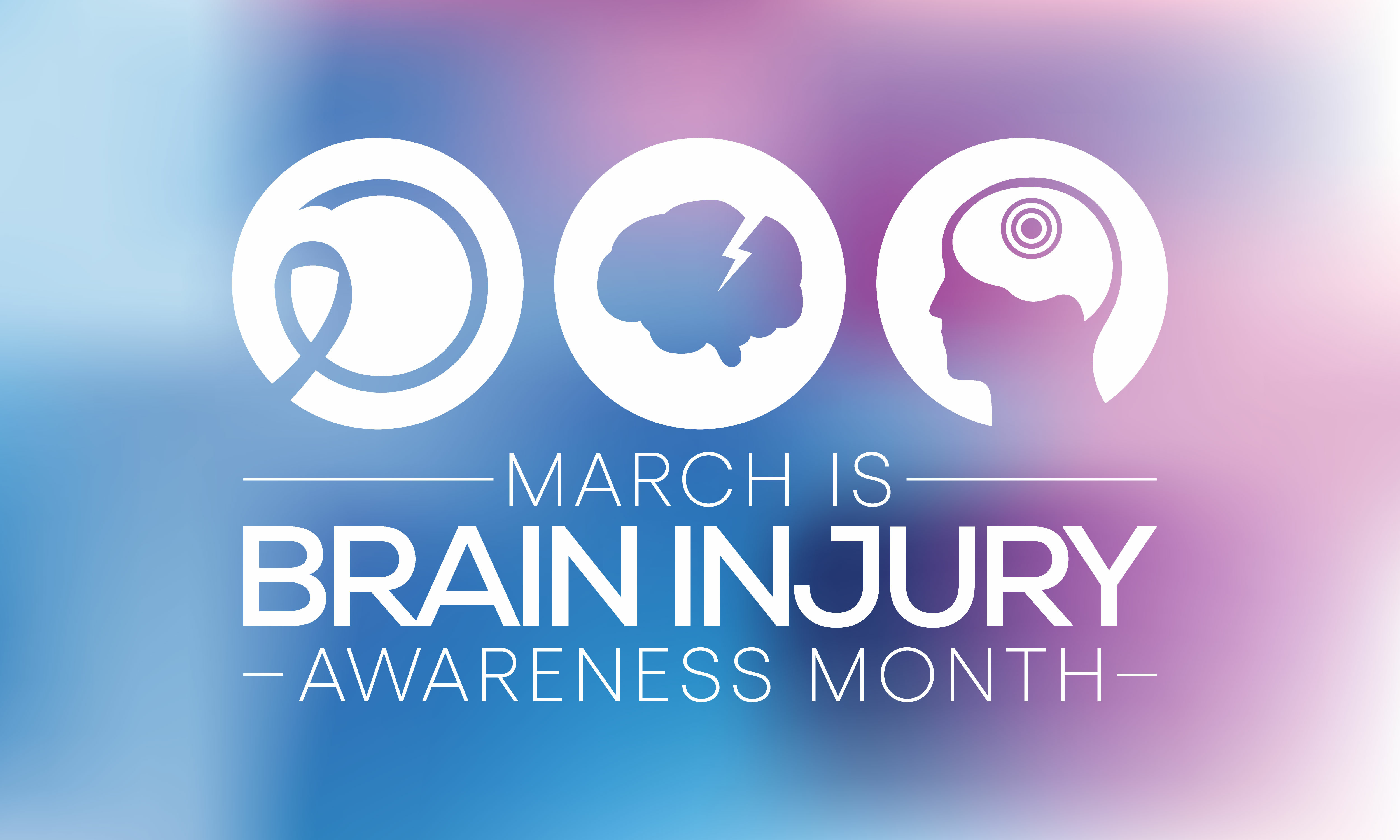- HOME
- SERVICES
- WHERE TO BEGIN
- LOCATIONS
- RESOURCES
- HEALTH PLAN SERVICES
- CAREERS
- EMPLOYEES

March is Traumatic Brain Injury (TBI) Month
A car accident. An unfortunate fall. These things—and more—can cause head injuries. Head injuries can happen to anyone, at any age, and they can damage the brain. That is why it is important for us to know the causes and signs of a TBI and know to seek immediate medical attention if you believe yourself or a loved one has one.
What is a traumatic brain injury?
The leading causes of TBI that resulted in a visit to the ER were falls, being struck by an object and motor vehicle crashes.
Doctors classify traumatic brain injury as mild, moderate or severe, depending on whether the injury causes unconsciousness, how long unconsciousness lasts and the severity of symptoms. Although most traumatic brain injuries are classified as mild because they're not life-threatening, even a mild traumatic brain injury can have serious and long-lasting effects.
An impact to the head can disrupt normal brain function, traumatic brain injury is a threat to cognitive health in two ways:
- A traumatic brain injury's direct effects — which may be long-lasting or even permanent — can include unconsciousness, inability to recall the traumatic event, confusion, difficulty learning and remembering new information, trouble speaking coherently, unsteadiness, lack of coordination, and problems with vision or hearing.
- Certain types of traumatic brain injury may increase the risk of developing Alzheimer's or another type of dementia years after the injury takes place.
If a head injury occurs
Traumatic brain injury injures your brain even if you don’t lose consciousness and your symptoms clear up quickly. Anyone who experiences an impact to the head and develops any symptoms of traumatic brain injury should seek medical attention, even if symptoms seem mild. Call emergency services for anyone who’s unconscious for more than a minute or two, or who experiences seizures, repeated vomiting or symptoms that seem to worsen as time passes. Seek emergency care for anyone whose head was injured during ejection from a vehicle, who was struck by a vehicle while on foot or who fell from a height of more than three feet.
Conclusion
Premier Home Health Care aides or caretakers can assist with helping you or your loved one from avoiding falls and injury that can cause a TBI. For those who have a TBI and need further assistance maintaining independence and safety in their homes, a Premier Home Health Care aide or caretaker can also assist with daily living tasks, help getting around the community safely and attending doctor’s appointments.
If you are interested in learning more about Premier Home Health Care services and supports please visit our website at www.premierhomehealthcare.com or visit any of our Social Media pages.
For more information contact:
Premier Home Health Care Services, Inc.
Website: www.premierhomehealthcare.com
